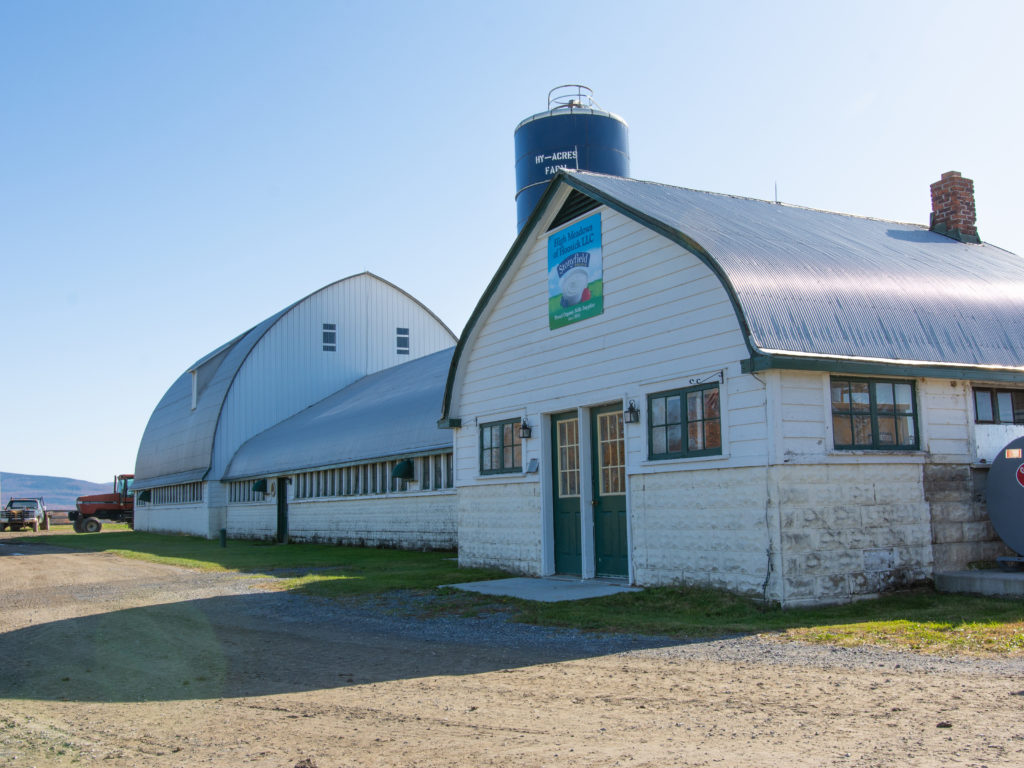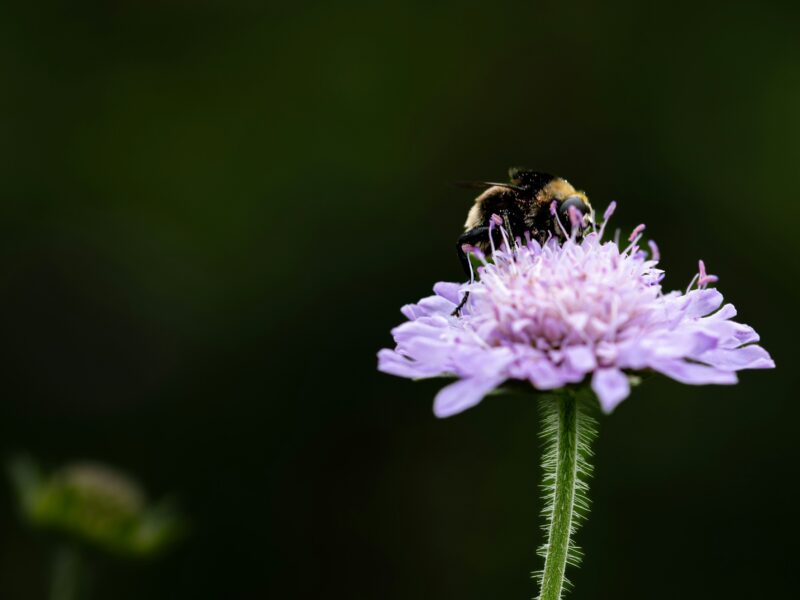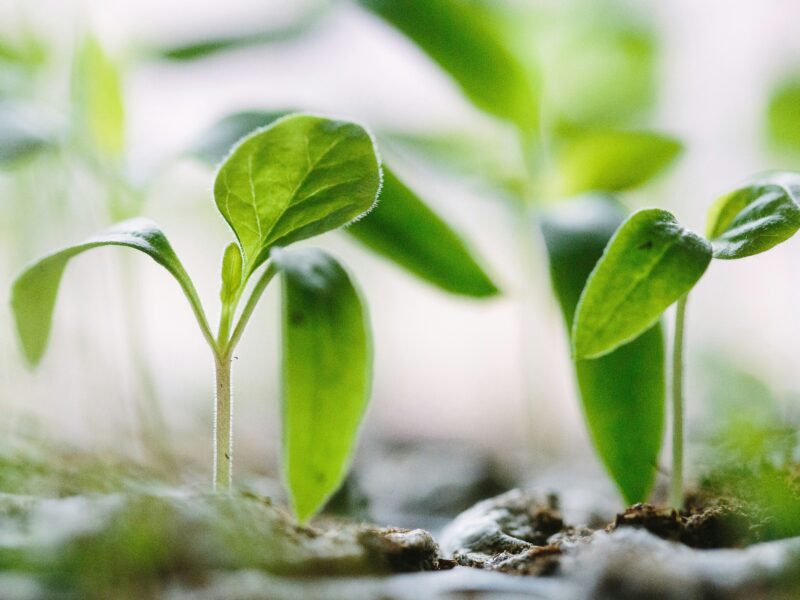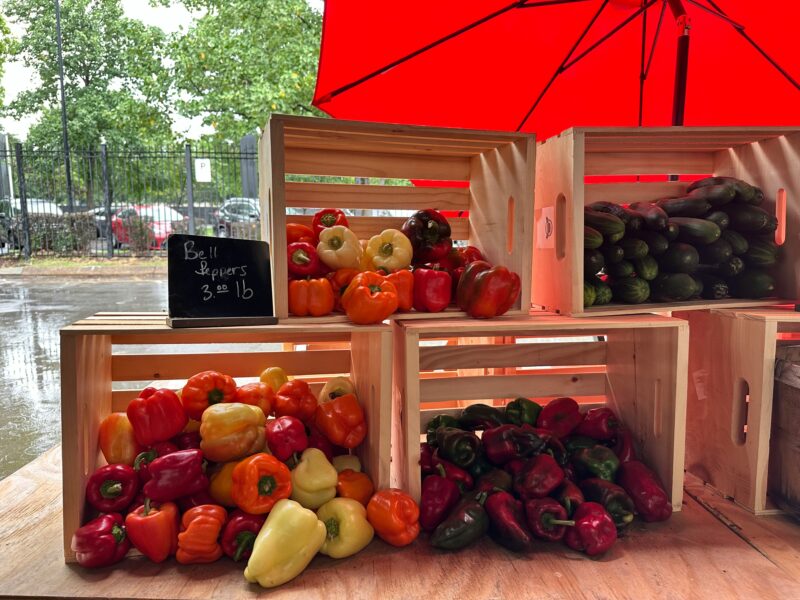Farmer: Eric Ziehm
Farm: High Meadows of Hoosick LLC
Location: Hoosick Falls NY

Why did you choose to become an organic farmer?
The main reason for choosing to be an organic farmer was the fact that organic farming practices are aligned with my core values and goals. I wanted to be a part of the solution for helping heal our planet. There is so much we can do as organic farmers to work with nature to achieve a balanced and healthy ecosystem! There is no better feeling than seeing our cows out grazing our hillsides harvesting native forage.
How long has your farm been certified organic?
Our farm has been certified organic for about four years but was managed in a similar fashion for the past twenty years. For this reason, it made it considerably easier to certify.
Was it difficult to become certified organic?
I will add that it takes a lot of time and paperwork/documentation to become certified and maintain the certification. As producers, we are always out working in the barns or fields so finding enough office can be challenging. We inevitably need rainy days for the pastures and crops but also to force us into the office!
What variety of crops do you grow?
The pastures on our farm consist of native warm and cool seasons grasses with clover. Our hayfields consist of mixed grasses and clovers which we harvest for winter feed. The grasses include Orchard, Rye, Timothy, Broome, blue grass, and others. We also plant annual crops like Millet, Sorghum Sudan, Triticale, and Rye. These are high-yielding and provide much-needed energy and sugars during the winter for our herd. These also work well in our organic system because they are planted in narrow rows and minimize weed pressures.
How has the pandemic impacted your farm?
Thanks to Stonyfield and organic consumers our market for our milk has remained strong throughout this pandemic. Although everyday life for all of us has changed drastically, our daily farming routine has remained smooth. It may take a bit longer to receive a part we ordered or materials for a project but at least the milk is still flowing and the cows are still happy!
How do you build and support healthy soil at your farm?
Building healthy soils is an important and major focus on our farm. By continuously improving on our grazing practices we can have a positive impact on our soils as well as weeds and pests. Our cows are moved every twelve hours to a new parcel and fresh area of grass. We try to balance the number of cows to the amount of grass in that area. We watch very closely that the cows are eating enough but also leaving enough for cover and regrowth. We are also fortunate to be apart of a program spearheaded by Stonyfield called “open team.” With this, we are collecting more extensive data with the end goal of measuring carbon and how much we are able to sequester! Another advantage is this data can be shared with other farmers and we can all learn from each other. On the cropping side, we are committed to cover cropping and no-till practices with the goal of always keeping the soil green and covered with little to no soil disturbance.
What is the biggest challenge you face as an organic farmer?
We have many challenges as organic farmers. From an economic standpoint, it’s becoming extremely difficult to balance the size of our operation with the rising taxes and land prices in our area. Many land investors are buying farmland as they feel it’s a solid investment or with the pandemic just want open space. They can pay prices that are unrelated to agriculture payback.
What’s the one thing you wish all consumers knew about organic food and farming?
The one thing I hope all organic consumers realize is how much hard work, pride, integrity, and love for our animals and planet are in every ounce of the product we produce.
What advice would you give a younger generation of farmers that may be interested in becoming organic?
1I would encourage the younger generation interested in organic to learn all they can from different operations. It has always amazed me how many different management styles can be successful. Go intern on some different operations before starting your own. As young people with lots of energy, we sometimes want to hit the ground running and start working on our own right away. Have a solid business plan and assemble a supporting team. For example, you’ll need a good attorney and accountant along with a loan officer that believes in you. Always look to the future but learn from the past and never be afraid to shift or change gears if needed.









